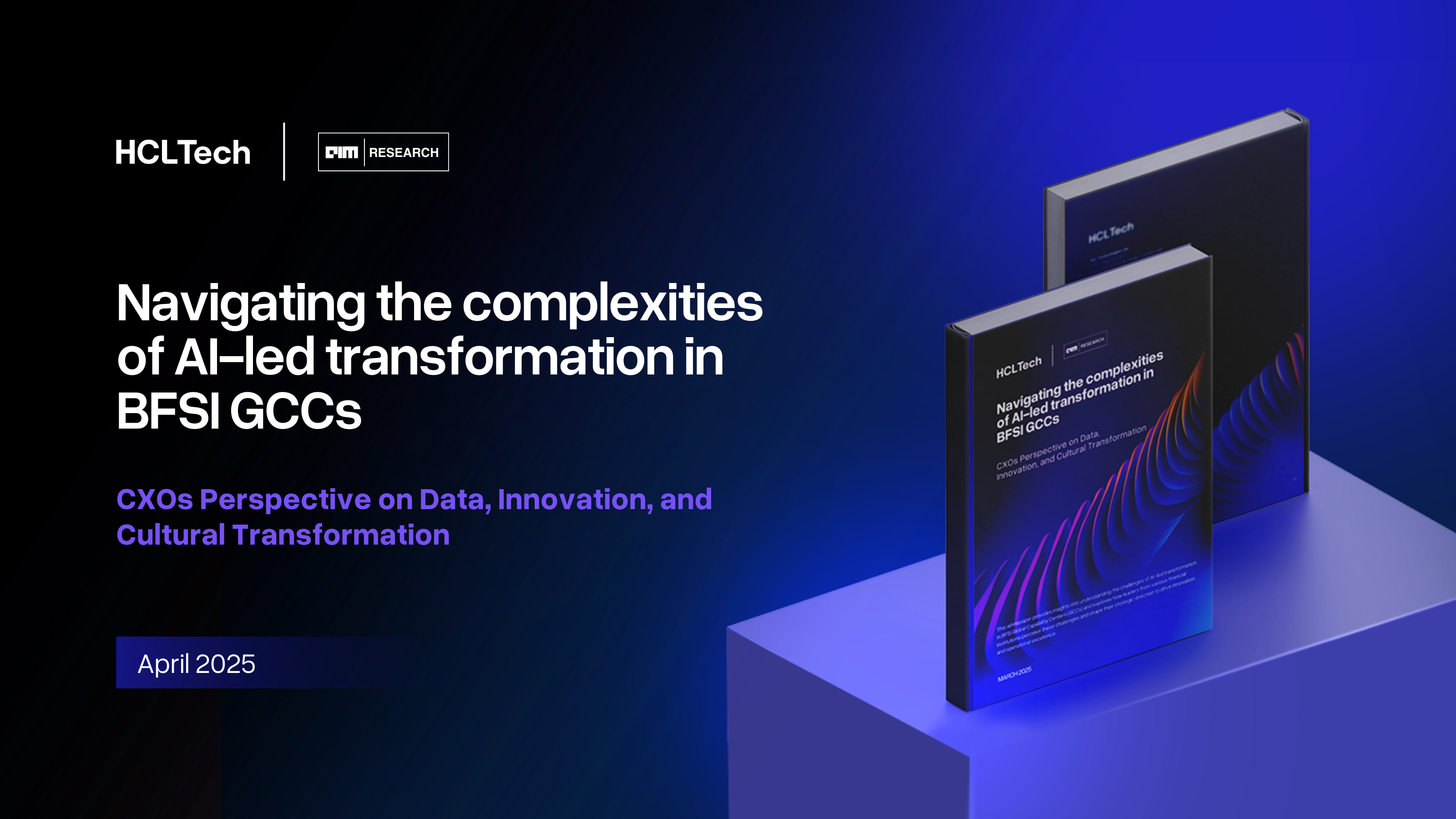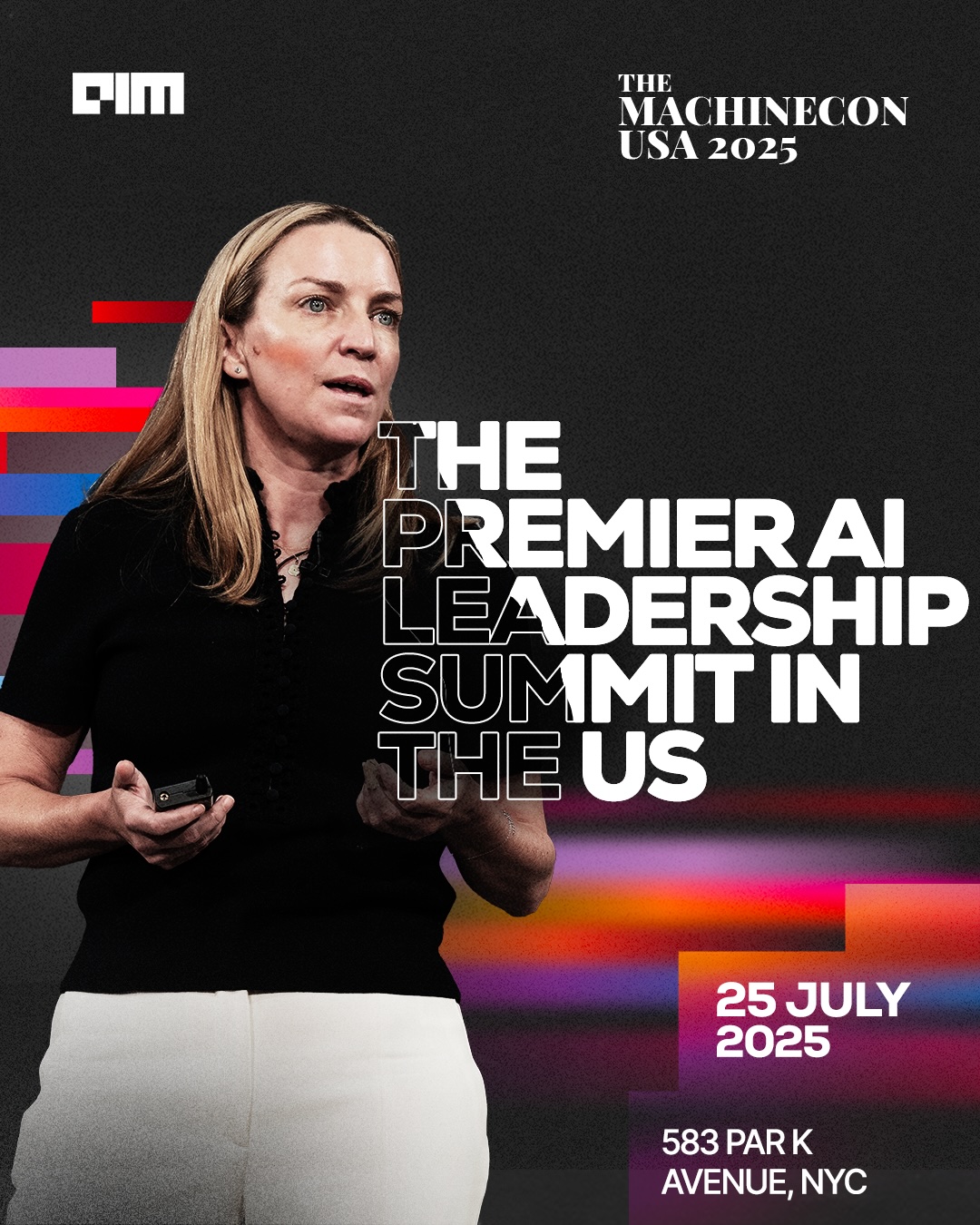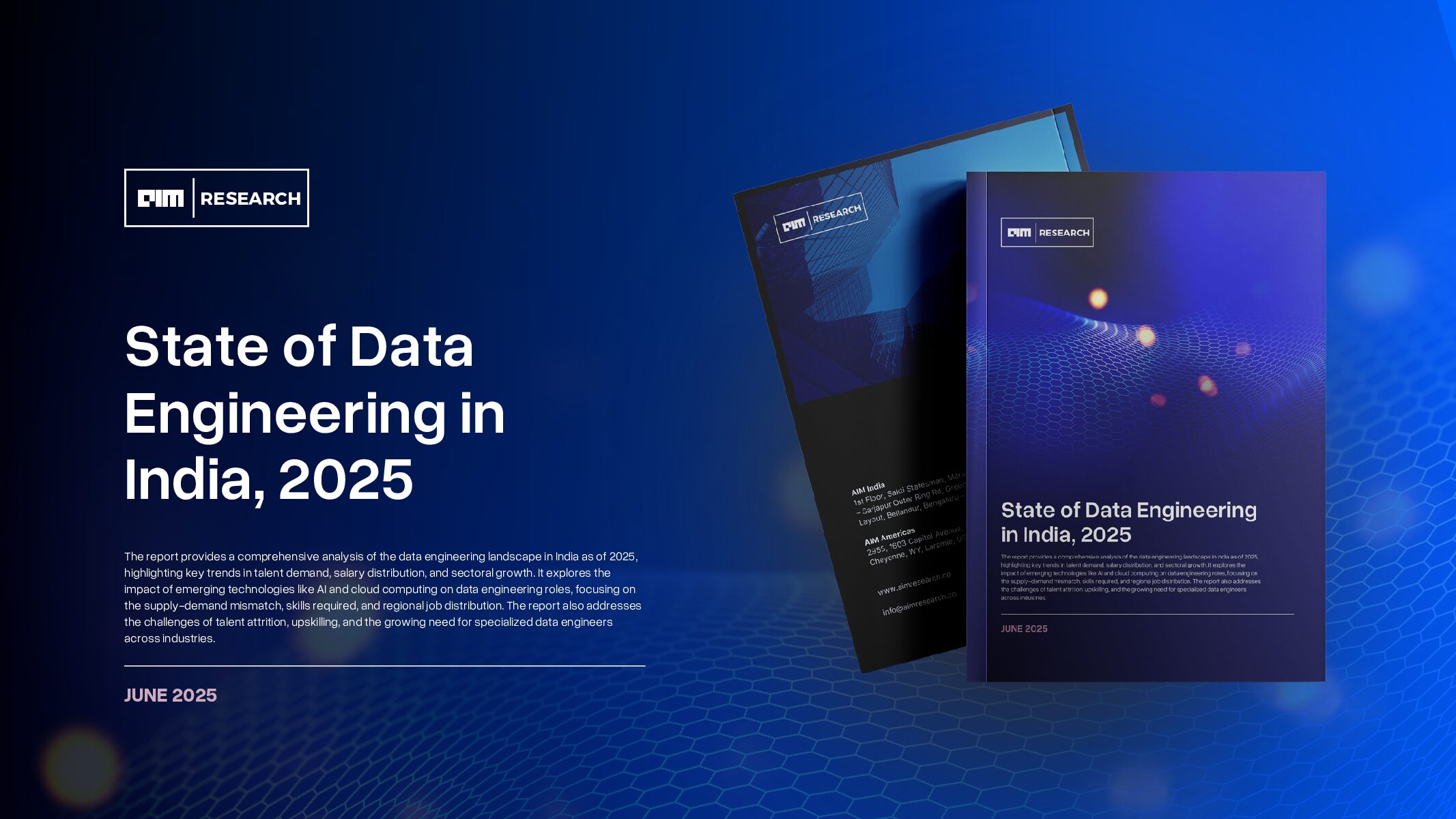The way businesses communicate has drastically changed over the last decade. From the rapid expansion of digital communication tools to the rise of remote work, organizations today are engaging with customers, partners, and internal teams more frequently and across a variety of channels. While this explosion of conversations offers tremendous potential for growth, it also presents a significant challenge: how to capture and make sense of the massive amounts of unstructured data generated during these interactions.
For years, companies have struggled to harness the wealth of insights hidden in voice and text-based exchanges. Transcriptions have been helpful, but they only skim the surface. Real insights lie in the context—understanding what was said, why it was said, and how it can be acted upon. This is where Symbl.ai steps in.
The Birth of Symbl.ai
Founded in 2018 by Surbhi Rathore and Toshish Jawale, Symbl.ai has been steadily carving out its place in the conversational AI market. With its headquarters in Seattle and a developer-first philosophy, the company aims to do more than just capture words. It provides tools that deeply analyze conversations, enabling businesses to understand intent, emotion, and context in real time.
The story of Symbl.ai began when Rathore and Jawale, both experienced technologists with a passion for AI, noticed a glaring gap in how businesses approached communication. Despite the rapid adoption of tools like Zoom, Microsoft Teams, and Slack, the conversations flowing through these platforms often vanished into a void, offering no lasting insights. Rathore and Jawale envisioned a solution where conversations could become tangible, measurable, and actionable data.
“We did our platform in 2020, so like technically platforms will be live for four years, but yeah, we’ve been putting our brains together to how to really create value for customers using AI and specifically as a developer platform,” says Surbhi Rathore, CEO and Co-Founder of Symbl.ai.
Expanding Beyond Transcription: Call Scoring and Nebula
What makes Symbl.ai stand out is its ability to go beyond conventional limits. It doesn’t just transcribe conversations; it understands and evaluates them with precision. This is where features like call scoring come into play.
Symbl.ai’s call scoring evaluates conversations using advanced AI models to provide quantitative performance metrics. Whether it’s for sales teams, customer support agents, or quality assurance specialists, this tool automatically rates conversations based on key factors like tone, sentiment, customer engagement, and adherence to business protocols. This makes it easier for businesses to identify top-performing employees, recognize coaching opportunities, and ensure consistent service quality.
Symbl.ai’s Nebula, on the other hand, takes conversational AI to the next level by enabling deep conversation mapping. Nebula creates a 360-degree visual representation of all the interactions within an organization, connecting related topics, customer concerns, and action items across teams. This innovative feature helps businesses identify patterns and opportunities that would otherwise remain hidden.
“One of the key pillars of us building the tech stack is how can we make it configurable, how can we make this programmable, how do we make sure that we can abstract away the complexities of the engineering and the ML work that is going to be repetitive for every business,” Rathore explains.
Real-World Applications Across Industries
Symbl.ai’s platform is versatile, enabling its application across a wide range of industries, from customer support to sales and beyond. Take, for example, customer service teams. Traditionally, support representatives have relied on manual note-taking and follow-up systems to track customer issues and resolutions. This process is time-consuming and prone to human error. With Symbl.ai, customer service teams can automatically extract key insights from conversations, such as identifying customer pain points, detecting sentiment shifts, and uncovering potential upsell opportunities.
In sales, Symbl.ai is transforming how teams approach lead generation and conversion. By analyzing conversations with prospects, sales teams can identify patterns and trends in what customers are saying, allowing them to refine their sales pitches and strategies. Its call scoring capabilities ensure that every sales conversation is assessed for effectiveness, highlighting areas where the team excels or requires improvement.
Symbl.ai also enhances internal collaboration. Employees can focus on the conversation rather than taking notes, knowing that Symbl.ai’s platform will capture key points, decisions, and action items. Features like Nebula provide a global perspective on how discussions and tasks interconnect, ensuring no detail is missed and collaboration is optimized.
Scaling Conversational Intelligence
What truly sets Symbl.ai apart is its scalability. The platform is designed to handle a vast volume of conversations, making it ideal for enterprises with large-scale operations. Its APIs can be easily integrated into existing tools and systems, allowing businesses to deploy conversational intelligence across multiple channels, from customer support to internal communications.
“The kind of readiness that exists today and the hunger that businesses have to really deploy capital to see value because they believe now that AI can do things… which, you know, was always there but the belief wasn’t as widespread as it is now.”
This scalability is particularly important in today’s remote and hybrid work environments, where organizations are increasingly dependent on digital communication tools like Zoom, Microsoft Teams, and Slack. These platforms generate large volumes of unstructured data that are difficult to analyze manually. With Symbl.ai, businesses can process this data in real time, extracting insights that would otherwise be buried.
The Impact of Symbl.ai
The real-world benefits of Symbl.ai’s platform are significant. Businesses that adopt conversational intelligence see improvements in operational efficiency, customer satisfaction, and decision-making. Features like call scoring and Nebula empower organizations to automate repetitive tasks, identify actionable insights, and drive better outcomes across all levels.
“We’ve been heads down and helping people really adopt both the conservative deterministic AI but also generative AI together in a hybrid way and really extract business value out of it,” Rathore adds.
Looking Ahead
The startup’s rapid rise hasn’t gone unnoticed. Symbl.ai secured significant venture backing, most recently a $17 million Series A funding round led by GreatPoint Ventures. This investment reflects not only confidence in Symbl.ai’s technology but also the growing market demand for conversational intelligence.
As the conversational AI market is projected to surpass $32 billion by 2030, Symbl.ai is positioning itself as a leader. Its developer-first approach, combined with cutting-edge features like call scoring and Nebula, ensures it stays ahead of the curve.
“We’ve always been very obsessed with the notion of using AI to support humans in the way that they speak, communicate, generate information from their communications, and simplify all of that so that they can focus on doing the more creative tasks. The AI can take away all the mundane activity and generate information from them as needed,” Rathore concludes.























